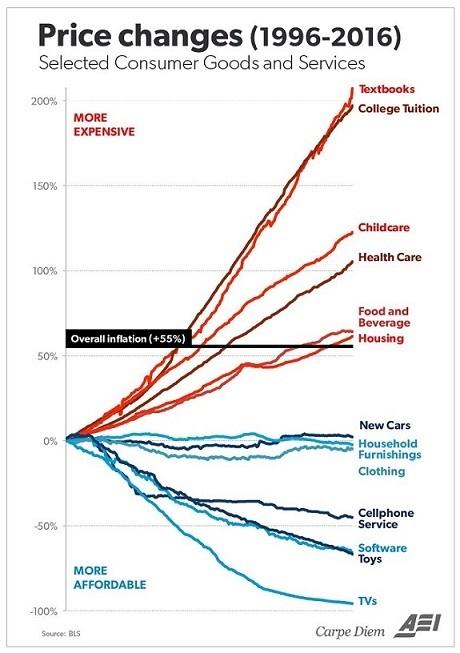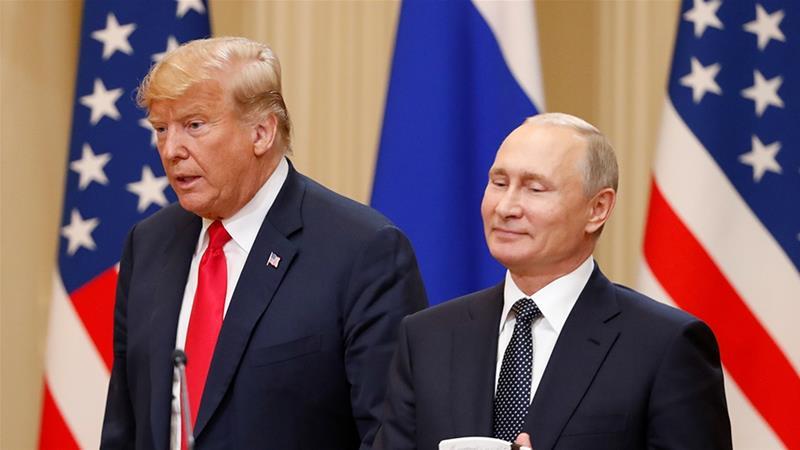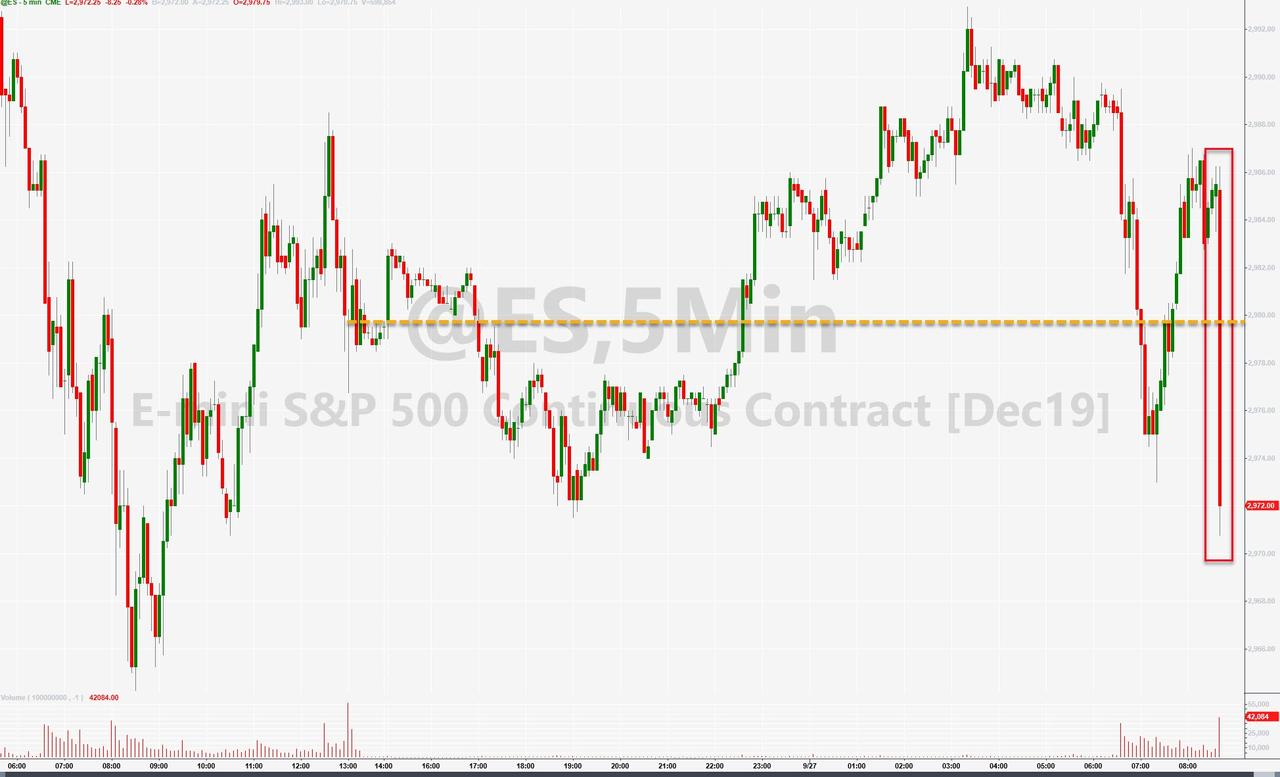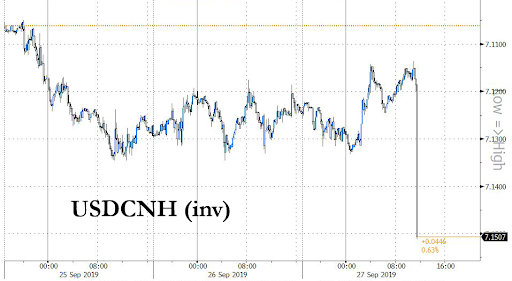Pets Are Now As Unaffordable As College, Housing, And Healthcare
Authored by Charles Hugh Smith via OfTwoMinds blog,
Like so many other things that were once affordable, owning pets is increasingly pricey.
One of the few joys still available to the average household is a pet. At least this is what I thought until I read 5 money-saving tips people hate, which included the lifetime costs of caring for a pet.
It turns out Poochie and Kittie are as unaffordable as college, housing and healthcare (and pretty much everything else). Over the course of 15 years, small-dog Poochie will set the owner back an eye-watering $17,560 to $93,520, while big-dog Fido costs $22,025 to $82,929 over 12 years.
Kittie is a relative bargain at $16,800 over 15 years.
Some estimates of responsible pet ownership are considerably lower, but non-pet owners may be surprised by 1) how many options for the care of pets are now available and 2) how many medical interventions and treatments are now available, at prices that aren’t much different from human healthcare.
Five-figure bills for pet surgeries and other care are not uncommon.
Unfortunately, pets aren’t able to tell us they don’t want any extraordinary measures taken to extend their lives, and so households may agree to procedures they really can’t afford.
Here is an excerpt from the article:
The SPCA lists the cost of pets as follows:
— Over 15 years, total costs for a small dog could run from $17,560 to upward of $93,520.
— Over a 12-year lifetime, the costs of a large dog range from $22,025 to upward of $82,929 for folks using dog walkers.
— All told, cost of cats will be at least $780 a year and $16,800 over its possible 15-year existence.
— American Kennel Club: “The average lifetime cost of raising a dog is $23,410.”
— US News: “RaisingSpot.com, which provides tips on raising a dog, suggests a dog that lives 12 years might cost you anywhere between $4,620 and $32,990.”
— Pet Place: “An indoor cat’s total estimated lifetime cost is $8,620 to $11,275.” Note: Outdoor cats live much shorter lives and thus cost less.
There’s even a pet cost calculator if you want to find the cost of your pet.
To summarize, a dog is going to cost roughly $20,000 while cats will be closer to $10,000.
Now, if you own multiple animals at the same time, not to mention several over the course of your adult lifetime, we’re talking a massive amount of money.
But… “My dog/cat doesn’t cost anywhere near that much. I pay $30 a month to feed him and that’s it.”
Uh, no it’s not. Here’s a list of expenses you just left out:
— Vaccines
— Flea/tick control
— Heartworm prevention
— Ear and dental care
— Grooming
— Food (Premium?)
— Toys
— House (fenced backyard? cleaning? etc.)
— Bowls, collar, leash/harness
— Cost of pet (if from breeder)
— Boarding
— Training
— Walking (yes, some people pay walkers)
And then there’s the big one: medical costs. This is where things get really pricey, especially toward the end of a pet’s life.
As I said earlier, how you spend your money is your choice. You simply need to realize that two dogs throughout your 50-year adulthood will run you somewhere around $150k. That’s $3,000 a year.
$3,000 a year saved and invested at 8% for 50 years equals $1.7 million.
Even if you spend ‘only’ half that amount, it’s still costing you a fortune.
Now that you understand how much your pets cost you, you can make an informed decision about where to spend and where to save.
Like so many other things that were once affordable, owning pets is increasingly pricey.
* * *
Pathfinding our Destiny: Preventing the Final Fall of Our Democratic Republic ($6.95 ebook, $12 print, $13.08 audiobook): Read the first section for free in PDF format. My new mystery The Adventures of the Consulting Philosopher: The Disappearance of Drake is a ridiculously affordable $1.29 (Kindle) or $8.95 (print); read the first chapters for free (PDF). My book Money and Work Unchained is now $6.95 for the Kindle ebook and $15 for the print edition. Read the first section for free in PDF format. If you found value in this content, please join me in seeking solutions by becoming a $1/month patron of my work via patreon.com. New benefit for subscribers/patrons: a monthly Q&A where I respond to your questions/topics.
Tyler Durden
Fri, 09/27/2019 – 12:15
via ZeroHedge News https://ift.tt/2lJWe2O Tyler Durden









